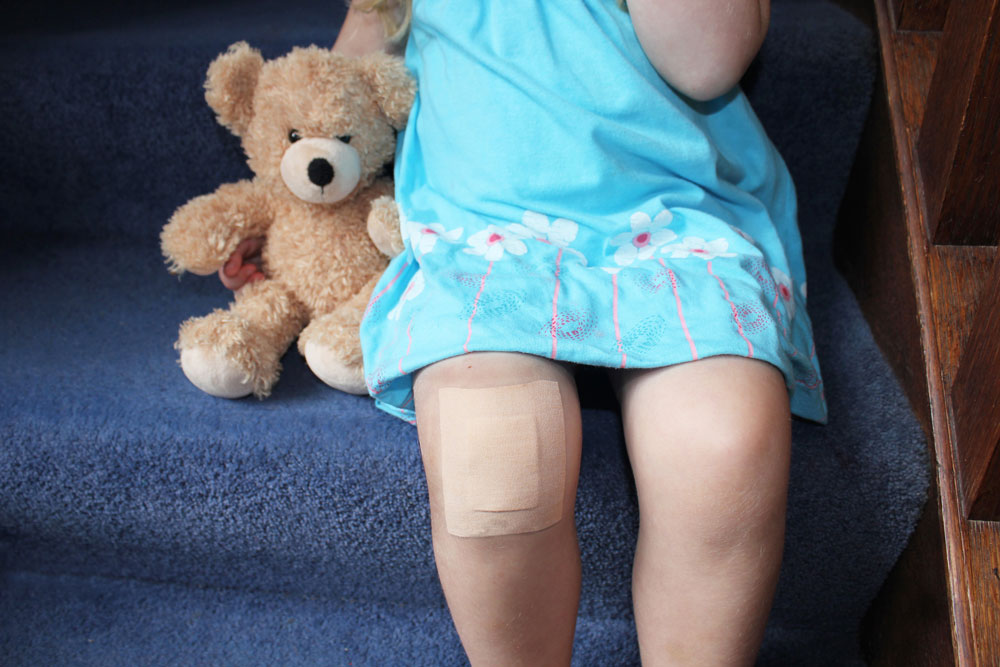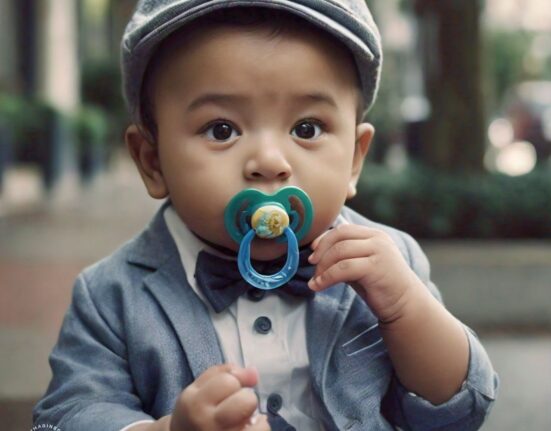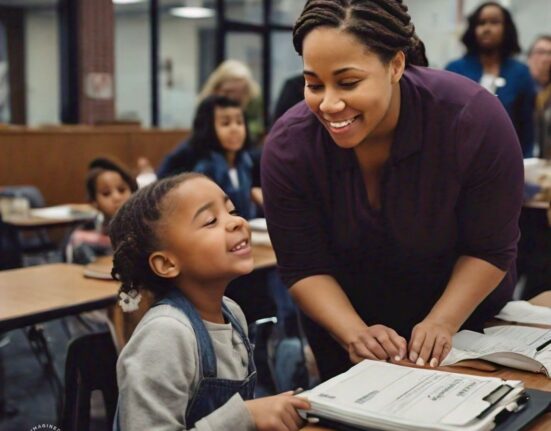Birth to 6 months.
Preventing Falls
- Do not leave your baby alone on elevated surfaces – e.g., tables, beds, sofas or chairs.
- Place your baby in a safe place when you cannot hold him/her, for example, in a bassinet, cot, playpen, on the floor, etc.
- Babies usually start crawling at six months. Always use safety gates on stairways to prevent babies from falling off the stairs.
Keeping Children Safe on the Road
- Children must travel in approved car seats and be buckled up. Rear facing car seats are the safest way for the youngest child to travel.
- Never travel with your baby on your lap, or leave a baby lying on the seat with no restraints. This poses a serious threat to child’s life.
- Follow manufacturer’s instructions when installing your baby’s car seat.
Preventing Burns
- Never carry a baby and hot liquid or food at the same time.
- Always put the cold water in the bath first and check the temperature to prevent injuries.
Preventing Drowning
- A small child can drown in just ±5 cm of water within 30 seconds. Never leave a small baby alone in the bath.
Preventing Choking & Suffocation
- Never leave small objects within your baby’s reach. Follow manufacturer’s directions on the toy boxes, if it says “not appropriate for under age 3” or “3+”, there are probably small parts in the box that could fit in the baby’s mouth (or nose!).
- Remove bibs before your baby goes to sleep.
- Avoid ribbons and cords on sleepwear
- Do not put a chain or string around your baby’s neck when he/she is sleeping
- Cot bars should be spaced so that baby cannot get his/her head through.
- Follow ABCs of sleep – babies sleep best Alone, on their Back, in a Crib.
PREVENTING POISONING
- Always make sure you give your baby the correct dose of medication. Always read the labels on the medication box or bottle.
6-12 months
Preventing Falls
- Use safety gates at the top and bottom of stairways.
- Install window guards on all windows.
- Always use a harness on high chairs, strollers, and shopping carts.
- Make sure that all furniture is stable. Your child may begin standing up and supporting his weight by holding on to furniture.
Preventing Burns
- Always keep hot foods and hot liquids out of the baby’s reach.
- Prevent your child from standing in the kitchen while you are cooking something.
- Run cold water into the bath before the hot.
- Use placemats instead of table cloths to prevent your baby from pulling hot substances down over themselves.
- Always use guards in front of open fires and heaters.
- Use safety plugs in power outlets.
Preventing Drowning
- Always empty the bath and containers filled with water after use.
- Use non-slip mats in the bath.
- Never leave your baby alone in or near water.
- Consider enrolling your child in water safety/swimming course.
Preventing Poisoning
- Keep all dangerous substances such as medication and household cleaners out of reach.
- Use safety latches on the doors to cupboards that contain poisonous substances.
- Try to use products with child resistant closures, wherever possible.
Preventing Choking & Suffocation
- Do not give your baby food that he or she cannot chew, or pieces of food that are hard or too big.
- Keep all small objects such as buttons, beads, coins etc. out of reach.
Keeping Children Safe on the Road
- Always buckle your baby up in a car seat, even for short trips.
- Keep gates closed to ensure your baby doesn’t wander into the road.
1-2 years
At this age, children are exploring everything. They can usually walk, run, climb and jump. Children are also naturally curious, and it’s very important to keep them safe during endless exploration.
Preventing Falls
- Use guards on windows and balconies.
- Use safety rails on beds to prevent falls.
- Always supervise children when they’re climbing.
- Supervise your children in general!
Preventing Burns
- Most burns to young children occur in the kitchen.
- Always turn pot handles into the centre of the stove.
- Keep matches out of reach.
- Keep children away from hot objects such as irons, the oven door, heaters, etc. or place safety barriers around them.
- Keep kettle cords short and out of reach.
- Place the child in a safe area such as a playpen while you’re cooking.
Preventing Drowning
- Never leave a child alone near the water.
- Teach children to swim
- Farm dams and ponds are also a danger. Always supervise children when they’re near these and other water bodies.
Preventing Poisoning
- Keep all poisonous substances locked away and out of reach.
- Remember that storing poisons up high is not always safe. Children can climb up to high places.
- Never tell small children that medication is a sweet treat.
Preventing Choking & Suffocation
- Keep small objects out of reach.
- Do not buy toys with small parts. Read the age specification on the toy’s packaging to ensure it’s appropriate for your child.
- Never let children play with plastic bags.
- Do not give children under five peanuts or hard sweets to eat.
Keeping Children Safe on the Road
- Keep gates locked to prevent your child from getting into the road.
- Always buckle up children in the car.
- Small children are not always visible. Be careful in driveways.
- Never leave young children alone in the car.
2-5 years
Start teaching children safety rules from an early age, but remember: they don’t always remember what they’ve been told. At this age, children are very quick, unpredictable and impulsive. Even though they may be able to recite your safety rules, it doesn’t mean they will always follow these rules, especially when doing something exciting.
Preventing Burns
- Keep matches, candles and lighters out of reach.
- Keep hot substances out of reach and make sure children cannot reach the stove, or other hot objects.
Preventing Drowning
- Teach children how to swim.
- Install fences around swimming pools, or install a safety net. Pools will never be safe without these.
- Use swimming aids as an extra precaution, but always supervise children when they are near water — even if they can swim.
Preventing Poisoning
- Children in this age group are especially prone to drinking or eating poisonous substances such as medication, household cleaners or fuels.
- Always store these in a lockable cupboard and use child-resistant closures.
- Never allow children to take their own medication.
- Always read dosage instructions.
Keeping Children Safe on the Road
- Begin teaching children about the rules of the road.
- Children of this age should not have access to the road without supervision.
- Always buckle up.
- When outside, make sure children are playing in a fenced area.
Ages 5 & Up
At this age, children usually know what is dangerous but do not always remember. They still need supervision.
Preventing Falls
- Allow children to practice their motor skills. However, don’t allow rough and unsafe behaviour.
- Keep dangerous tools and equipment out of reach.
Preventing Burns
- Teach children not to play with matches, candles, and fire in general.
- Keep flammable substances out of reach.
- Do not let children into the kitchen while you are cooking.
Preventing Drowning
- Even if a child knows how to swim, never let them swim alone.
- Use life vests when on a boat.
- Teach children water survival skills such as what to do when in trouble in the water.
Preventing Poisoning
- Teach children not to eat berries or plants from any garden.
- Teach them the dangers of hazardous substances.
Keeping Children Safe on the Road
- Always set a good example to children, i.e. crossing the road properly and always wearing your seatbelt.
- Continue teaching the dangers and safe use of the road.
- Always buckle children up in motor vehicles.
- Do not allow children to unbuckle and get out of their seat while you are driving, even if you are parking your car and getting ready to get out.






